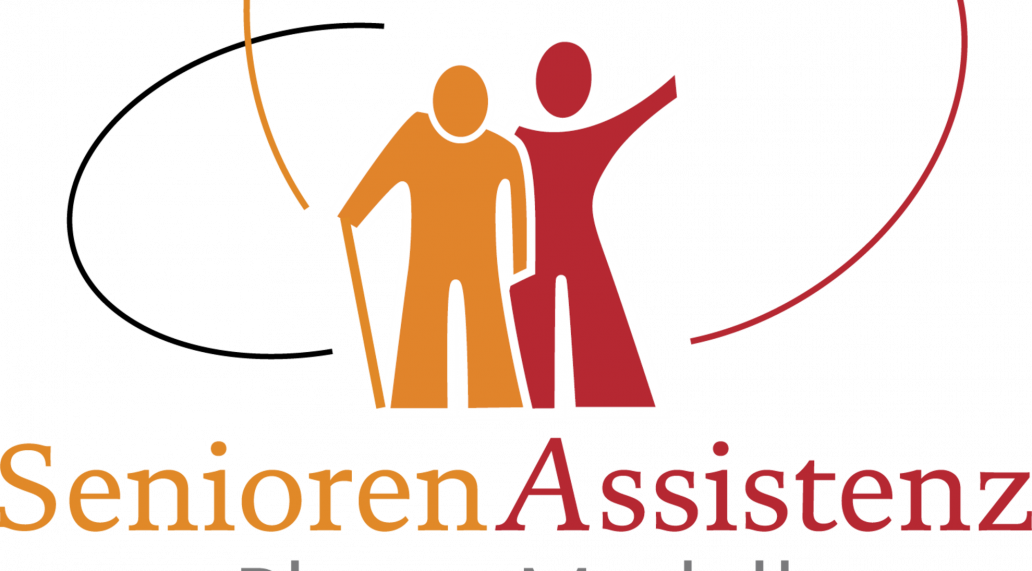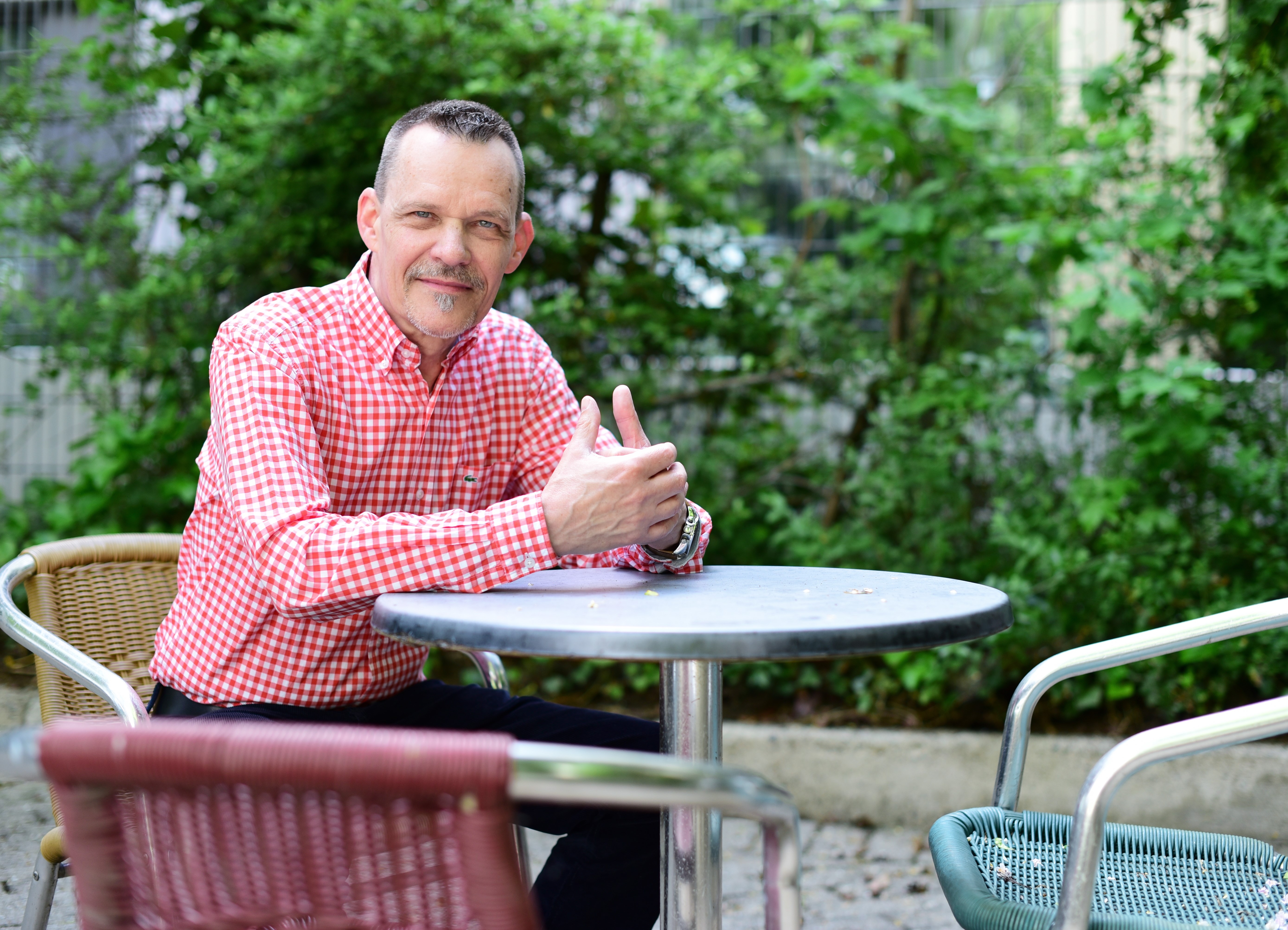
Recently, both the Federal Association of Senior Assistants Germany (BdSAD) e.V. and the company Büchmann/Seminare KG became cooperation partners of famPLUS.
Büchmann/Seminare trains senior assistants and operates the placement platform "Die Senioren-Assistenten". Thomas Bartel, senior assistant and press spokesman for BdSAD, gave us insights into the field of activity of a senior assistant and explained who can make use of such a service, what it costs, and how famPLUS supports.
Mr. Bartel, does the company Büchmann/Seminare KG train senior assistants? That's a completely new professional profile. What exactly is behind this job title?
The legislature refers to the activity as "offers for support in daily life." Quite cumbersome. But the old designation "low-threshold care and relief offers" was even more unfortunate. Personally, I find the term "pretty best friends," as the Süddeutsche Zeitung recently used for senior assistants, the most accurate. Senior assistants dedicate time and care to elderly people. They provide mental and physical stimulation on a professional basis, thus ensuring the crucial social participation of older people in life. They help with doctor's visits, applications, and many other daily challenges. But they also go for walks or to concerts with the seniors.
Senior assistants see themselves as a necessary and enriching complement to nursing and household services. However, many senior assistants also have additional qualifications, for example, to care for people with dementia.
That sounds like very personalized care. Is that the case?
Yes, the seniors or their caring relatives determine each assignment quite independently and individually. The general framework is usually established during an initial meeting. However, as daily life is known to bring new demands every day, the senior assistants are always flexible. The quality of life of the seniors is always paramount.

Where do senior assistants reach their limits?
On the one hand, there are the legal limitations: Senior assistants are not authorized to take on nursing, medical, or specialized therapeutic tasks. They also cannot provide 24-hour care as an individual. On the other hand, there are also personal physical and psychological limits. These are discussed clearly and openly in advance.
Who can seniors or their relatives turn to when interpersonal conflicts arise? If I understand correctly, all senior assistants are freelancers.
The BdSAD, as a professional organization, has a professional complaint management system. On our website – www.bdsad.de The contact form can be used in cases where disagreements or conflicts cannot be resolved between the directly involved parties. Once we have information about a conflict, the responsible staff member of the Federal Association will take care of a solution.
Can all seniors make use of the services of senior assistants?
The basic idea is to support, accompany, and activate elderly people at an early stage. The need for care should not arise at all or be delayed as long as possible. We want to enable a long, independent, and self-determined life in a private home environment. Therefore, our target group is seniors who are on their own, e.g., because the partner has passed away or family members are not local, are professionally prevented, or perhaps do not exist at all.
In fact, we mainly join an existing care situation to provide additional support and relieve family caregivers. This is particularly common in the case of dementia patients.
Are senior assistants already available everywhere in Germany?
In some areas, there are still regions where there is no provider from our ranks. However, many newly qualified colleagues are added every year. On our mediation portal www.the-senior-assistants.de You can specifically search by postal code or place name. The majority of the senior assistants registered here are organized in the Federal Association of Senior Assistants Germany e.V. Their members commit to special quality criteria and ethical standards and are marked with "M.
What costs should one expect?
Pricing is generally free. Outpatient care services that bill comparable services through the nursing care funds charge between 25 and 30 euros per hour. Qualified senior assistants also calculate with these rates. Privately, more is sometimes charged in big cities and less in rural areas. However, it also depends on whether special additional qualifications, such as experience with dementia, are required.
Are there also brokerage fees?
No. Not even if a senior assistant is found through our referral portal.
Does the nursing care fund cover the costs?
Partially yes. The states of North Rhine-Westphalia and Schleswig-Holstein allow for the billing of approved senior assistants through the care funds for support services in daily life according to § 45a SGB XI from care level 1. In addition, senior assistants can bill their services from care level 2 throughout Germany via respite care or unused short-term care. The respective personal and individual conditions need to be checked, but often this can be clearly clarified in the first non-binding initial consultation.
For some time now, the Senior Assistants have been cooperation partners of famPLUS. Does that mean that employees of famPLUS contractual partners can avail themselves of the services of the Senior Assistants? Is the arrangement made through famPLUS, or does one have to find the suitable Senior Assistant through their website? https://www.die-senioren-assistenten.de searching?
Everyone can contact local senior assistants at any time. However, senior assistance is still an "insider tip." The usual search for support is mostly done through the term "care" or "nursing service," even when it actually concerns everyday companionship and support. Through our cooperation, employees of famPLUS contractors are supported in searching more specifically for the service that meets their needs, ranging from, for example, accompaniment to a concert to everyday support all the way to nursing service.
If the employer takes over the costs, should these not be covered by the nursing care insurance?
The costs for senior assistants must be borne by the care recipients or their relatives.
How does famPLUS support?
The topic of care is very complex. As experts in the field of care, famPLUS supports family members in finding suitable financing and assists with the application for services. famPLUS is the guide that shows family members the way through the care jungle.
The services of famPLUS care consulting are covered by the employer for its employees.
Just one more question to conclude: Ute Büchmann developed the Plön Model. What characterizes this model?
This can best be explained historically. Until 2006, Ute Büchmann was a women's representative at a municipality and not only developed the Plöner model but also coined the term "senior assistance". This was intended to signal an equal partnership between the helpers and the elderly. The clientele seeking advice from the equality officer Büchmann mainly consisted of women who wanted to either start a new career or change professions.
Typically, it should be a socially oriented activity. The transition or new entry should occur without extensive additional training due to already existing and partly quite extensive previous education. Also, because of often occurring personal family obligations, the number of hours for the service should initially be manageable and variably deployable. Thus, preparation for self-employment became appealing. The teaching content developed into a mix of specialist topics, personality development, and preparation for independent entrepreneurship.
Since it represented a new world of experience with completely new demands for many, the Plöner model included follow-up support from the very beginning in the form of a network with regular meetings of senior assistants for sharing experiences, attended by 50 to 60 participants from all over Germany. Finally, all senior assistants have free access to a placement portal, which is also free of charge and accessible to those seeking help. Thus, the Plöner model comprises the actual training, follow-up support, and the placement portal. Ongoing professional training goes without saying.
Nicole Beste Fopma in conversation with Mr. Thomas Bartel, Senior Assistant and Press Officer of the BdSAD
famPLUS - Together for your personal PLUS!


